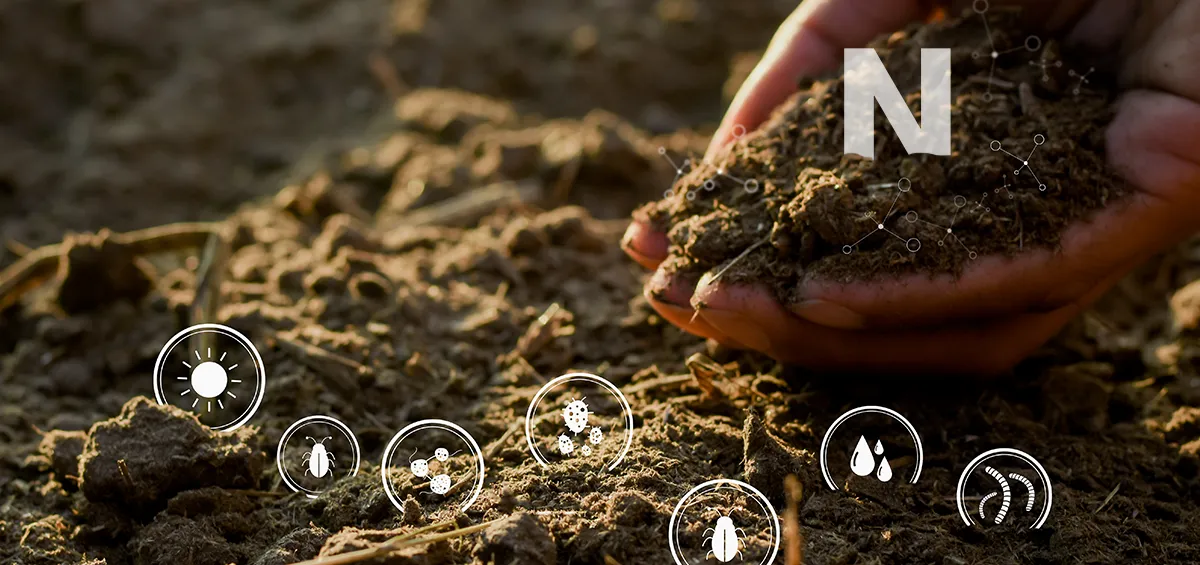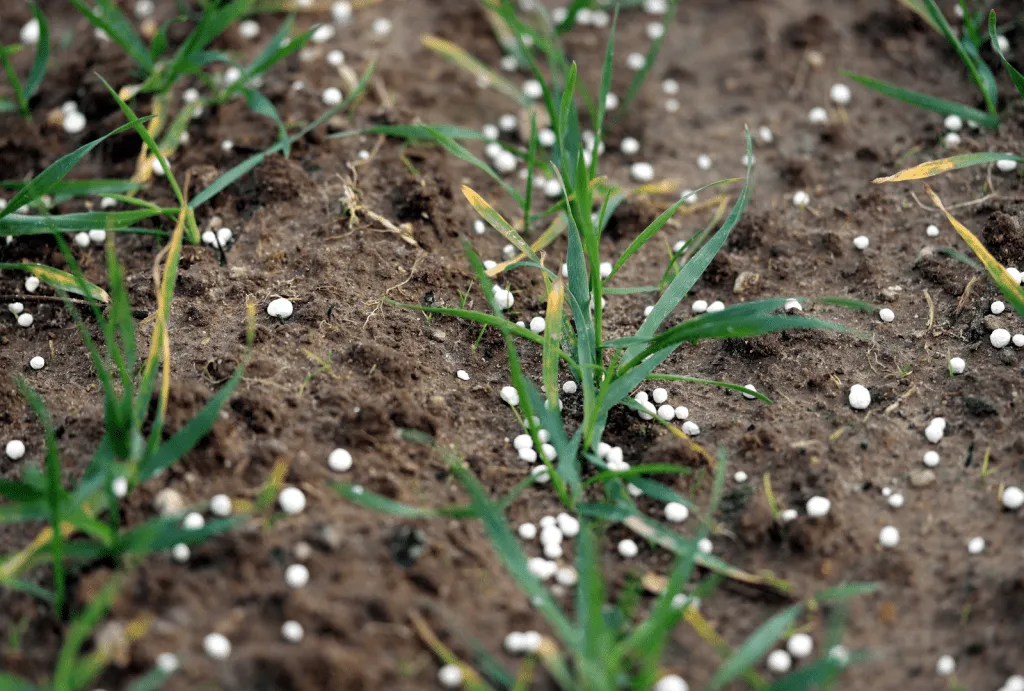Today I will talk about nitrogen as an essential inorganic mineral related to productivity and fruit quality, being part of a great number of organic compounds such as amino acids, proteins, nucleic acids, chlorophyll, etc.



▶ Deficiency of this element is manifested by yellowing of leaves, lack of buds, very abundant flowering and, what is worse, a manifest lack of fruit set, which results in an extremely reduced harvest. The fruits that do manage to be harvested are generally smaller.

▶ Credits: startupsavant – [Image of Public Domain]
≕ I invite you to stay tuned and read my next contribution ≔
Adequate nitrogen supply for citrus crops, especially for resource-poor growers, can be related to an abundant but unused organic resource such as manure, compost, worm castings, etc., the period of root absorption, starting in a reduced form in early spring, with an increasing increase in absorption peaking in mid-summer.
The spring period is the period of greatest demand, due to the presence of the flower, fruit set and multiplication of the fruit cell. This period between the maximum absorption and the greatest demand must be covered with sufficient supply for its accumulation and use in adequate time, the most used fertilizer in citriculture is urea, which has a high solubility once added to the soil.

That is why this fertilizer should be added in fractioned form according to the recommendations of the soil analysis and according to the productivity of the plot, and accompanied, if possible, with organic fertilizers that will act as absorption regulators.
NOTE: Reference material.